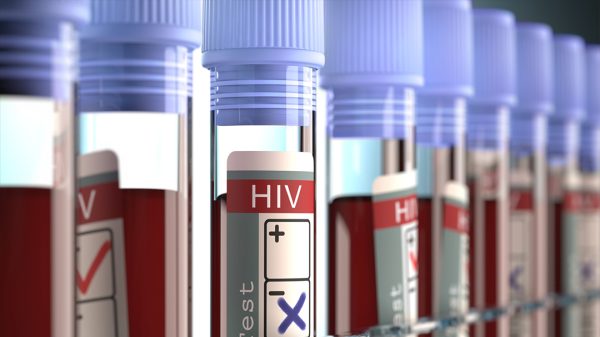Gender-affirming hormone therapy can alter body proteins to match a person’s gender identity, potentially affecting susceptibility to certain health conditions. More specifically: sex-specific blood proteins in transgender women shifted significantly after six months of gender-affirming hormone therapy, resembling those of cisgender women.
This is according to a study – “Plasma proteome adaptations during feminizing gender-affirming hormone therapy” by Nhi N. L. Nguyen, Den Celestra, Lachlan M. Angus, et al – that was published in Nature Medicine.
The study involved 40 adult trans women recruited from the Austin Hospital who had more than 5,000 blood proteins examined. Participants were given one of two forms of common feminizing hormone therapies with the results checked before and six months of treatment. The research team also compared the protein changes to those seen in cisgender women by using samples from 55,000 people stored in a UK biobank.
The study found gender-affirming hormone therapy changed seven of the 10 key proteins that are normally different between males and females, proving that sex hormones strongly influence blood biomarkers to help better align with a person’s gender identity. The changes reflected those seen in women undergoing hormone replacement therapy for menopausal symptoms.
According to co-author Associate Professor Boris Novakovic, the therapy reduced protein biomarkers related to male reproduction and fertility and increased those that drive body fat, breast development, immune function and good heart health. The findings showed changes to sex hormones induced by gender-affirming hormone therapy could have a big influence on reshaping key blood biomarkers that were linked to certain health conditions.
“For transgender women, we found gender affirming hormone therapy alters the levels of many protein biomarkers that reflect what happens clinically,” he said. “This may go onto impact the risk of allergic and autoimmune diseases, which tend to affect more females, but decrease the risk of heart disease, more commonly seen in males. This highlights that human biology is malleable and that even in adulthood, our bodies respond to sex hormone changes.”
For Novakovic, the findings stressed the need for more nuanced approaches to long-term health monitoring for those undergoing gender-affirming hormone therapy.
Additionally, healthcare providers should consider the similarities to cisgender women’s health risks and the unique aspects of trans women’s health, he said.
Co-author University of Melbourne Professor Ada Cheung added: “Studying proteins could help with the development of personalised treatment approaches by monitoring the effectiveness of gender affirming hormone therapy in trans women and help us with early detection of potential side-effects on heart health or immune function.
“We need to improve the way gender-affirming hormone therapy is managed. This study gives us a glimpse into how personalised treatment may work as technology advances.”





































































